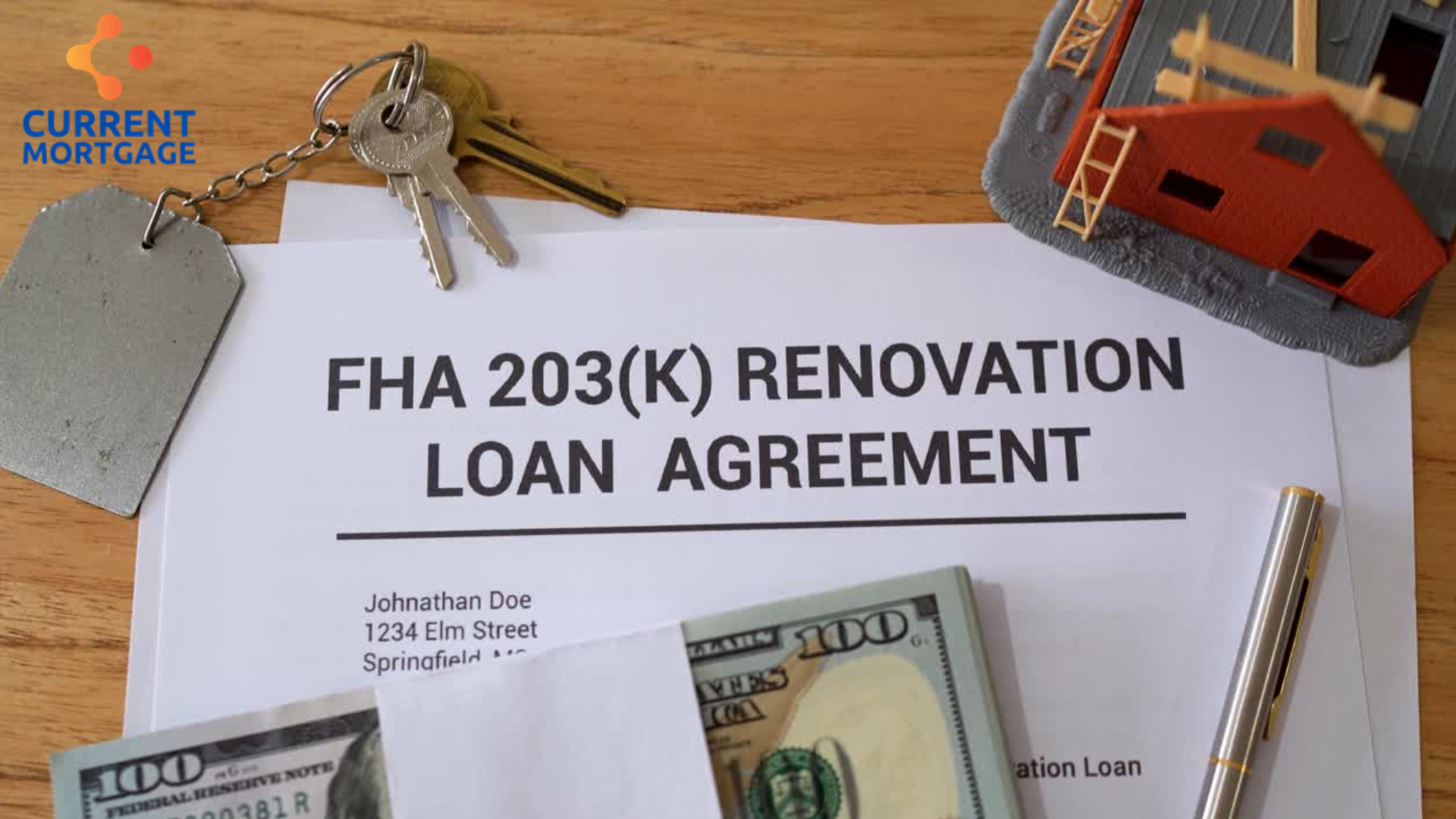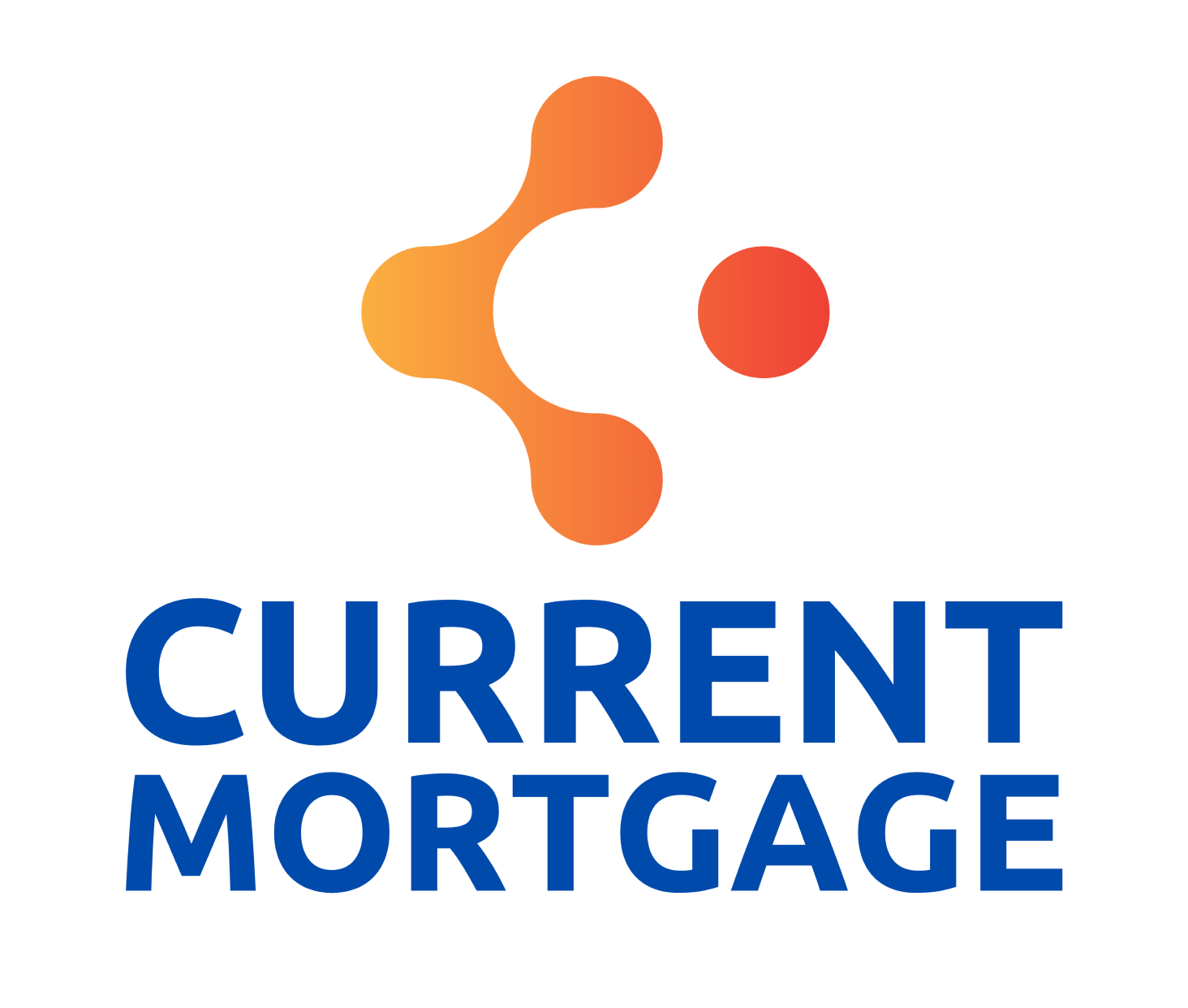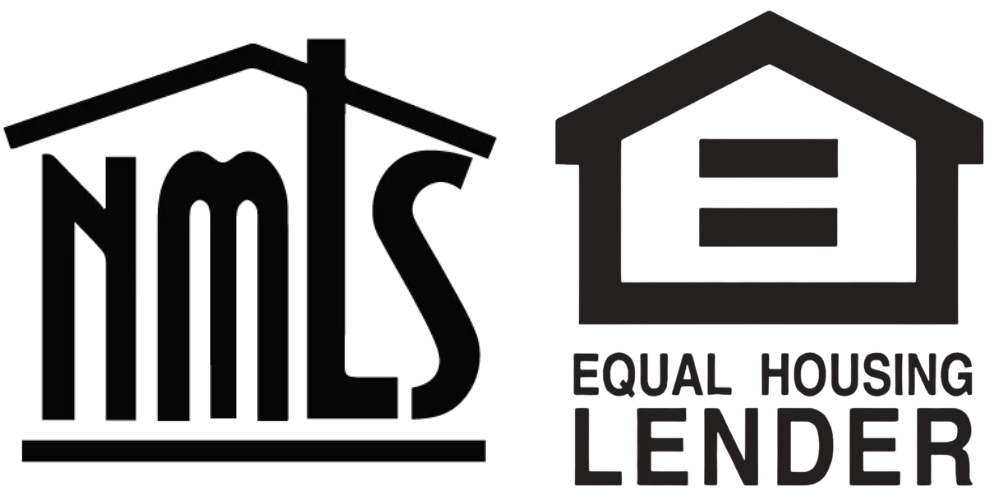Mortgage Points, explained by Greg Pilling!
Mortgage Points: How They Can Save You Money
When you’re buying a mortgage, you’ll hear the term “mortgage points.” If you’re not sure what they are or if you should buy them, you’re not alone. Mortgage points (also called discount points) can be a great tool for homebuyers looking to save money over time. Let’s get into what they are, how they work and if they make sense for you.
What Are Mortgage Points?
Mortgage points are fees you pay upfront to lower the interest rate on your loan. Think of them as prepaying interest to reduce your monthly payments.
- One point is 1% of your loan amount. For example, on a $300,000 loan, one point would be $3,000.
- In exchange for buying points, your lender will lower your interest rate, usually by 0.25% per point, but this can vary.
Why Buy Mortgage Points?
The main benefit of buying points is to save money over time. By lowering your interest rate you’ll pay less interest over the life of the loan. Here’s how it works:
- Lower monthly payments: A lower interest rate means lower monthly mortgage payment.
- Long-term savings: Over the life of a 15- or 30-year loan the savings from a lower interest rate can far exceed the upfront cost of the points.
Should You Buy Mortgage Points?
Whether buying points makes sense depends on your financial goals and situation. Consider the following:
How long you plan to stay in the home:
- Points pay off if you stay in the home longer. This is called the “break-even period”—the time it takes for the savings from the lower interest rate to equal the cost of the points.
- For example, if buying points costs $3,000 and lowers your monthly payment by $50 it would take 60 months (or 5 years) to break even.
Cash available upfront:
- Can you afford the upfront cost of points in addition to your down payment and closing costs?
- If you’re stretching to close the deal it may be better to put your money elsewhere.
Your loan terms:
- Points are more beneficial on larger loans or longer-term loans as the savings from the lower interest rate add up over time.
Your goals:
- Are you looking to minimize monthly payments or save the most overall? Buying points may not make sense if you plan to refinance or sell in a few years.
Buying Mortgage Points Pros and Cons
Pros:
- Lower monthly payments
- Big long-term savings
- Tax deductible (check with a tax pro)
Cons:
- High upfront cost
- Won’t pay off if you sell or refinance early
- Points funds can’t be used for other financial needs (like a larger down payment)
Should You Buy Mortgage Points?
Buying points is a personal decision and depends on your situation. Here’s a quick checklist:
- Calculate the break-even period for the points.
- How long do you plan to stay in the home?
- Do you have cash reserves for the upfront cost?
- Talk to your lender to see how much points will lower your interest rate.
Conclusion
Mortgage points are a great investment for homebuyers who plan to stay in their home long-term and have the cash to spare. But they’re not for everyone. By understanding how points work and the pros and cons you can make a decision that fits your goals.
Still unsure? Contact me. As a mortgage pro I can help you through the home financing maze and find the best solution for you. Let’s talk points!
Contact me today to start your mortgage journey with confidence!








